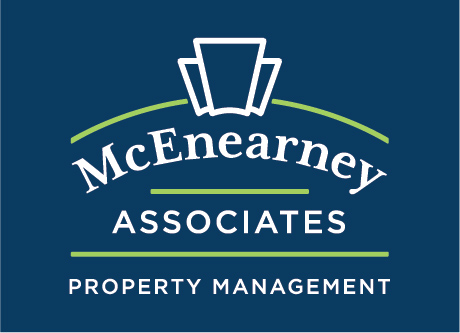Understanding Key Clauses in a Landlord Insurance Policy
If you own a rental property, landlord insurance isn’t just a good idea—it’s essential. But not all policies are created equal. Understanding the key clauses in your policy can help you avoid surprises and make sure you’re fully protected when something goes wrong.
Here are some of the most important sections to review in your landlord insurance policy:
1. Dwelling Coverage
This is the foundation of your policy. It covers physical damage to the structure itself—walls, roof, floors, etc.—in the event of things like fire, wind, or vandalism.
Why it matters: You’ll want to make sure the coverage limit reflects the actual cost to rebuild your property—not just its market value.
2. Liability Protection
If someone is injured on your property (say, a tenant slips on icy steps), liability coverage helps protect you from legal and medical costs.
Why it matters: This coverage can help cover legal fees and settlements, especially in cases where you’re found to be at fault. Most landlords carry at least $300,000, but you can often increase that for a small bump in premium.
3. Loss of Rental Income
Also called "loss of use" or "rental income protection," this clause covers the income you lose if the property becomes uninhabitable due to a covered event—like a fire or major storm damage.
Why it matters: If you’re unable to rent the unit during repairs, this clause helps cover the rent you would have received.
4. Vandalism and Malicious Mischief
Some basic policies don’t include damage caused by vandalism or a tenant’s intentional destruction of property. If this isn’t included, you might be paying out of pocket.
Why it matters: Especially in long-term rentals or properties that may be vacant at times, this is an important protection to have.
5. Tenant-Related Damage
While general wear and tear isn’t covered, some policies offer protection for accidental damage caused by tenants—like broken windows or water damage from an overflowing tub.
Why it matters: This is a useful clause to ask about when choosing your policy, especially for multi-unit buildings or higher-turnover rentals.
6. Ordinance or Law Coverage
If your property needs repairs and local codes require upgrades (like rewiring to current standards), this clause helps cover the extra cost.
Why it matters: Code upgrades can be expensive—and without this clause, they’re typically not covered.
7. Fair Housing or Discrimination Claims (Optional Add-On)
Some insurers offer optional coverage for legal defense in the event of a fair housing or discrimination complaint.
Why it matters: Even if claims are unfounded, legal defense can get expensive fast. This isn’t standard coverage, but it’s worth asking your agent about.
Final Thoughts
Landlord insurance is there to protect you, but only if you understand what’s actually included—and what’s not. We recommend reviewing your policy once a year and speaking with a qualified insurance agent to make sure your coverage keeps up with your property and your risks.
Questions?
If you’re unsure about anything in your lease or how landlord insurance might affect your rental agreement, we’re happy to help point you in the right direction.
📞 703-537-3340
📧 hello@mcepm.com


